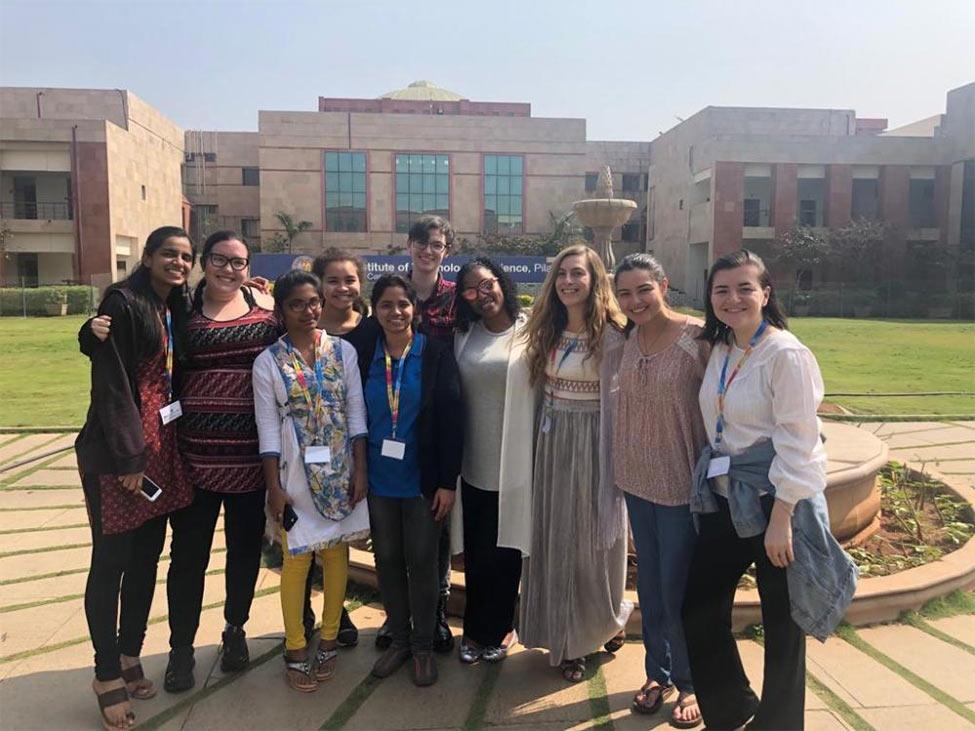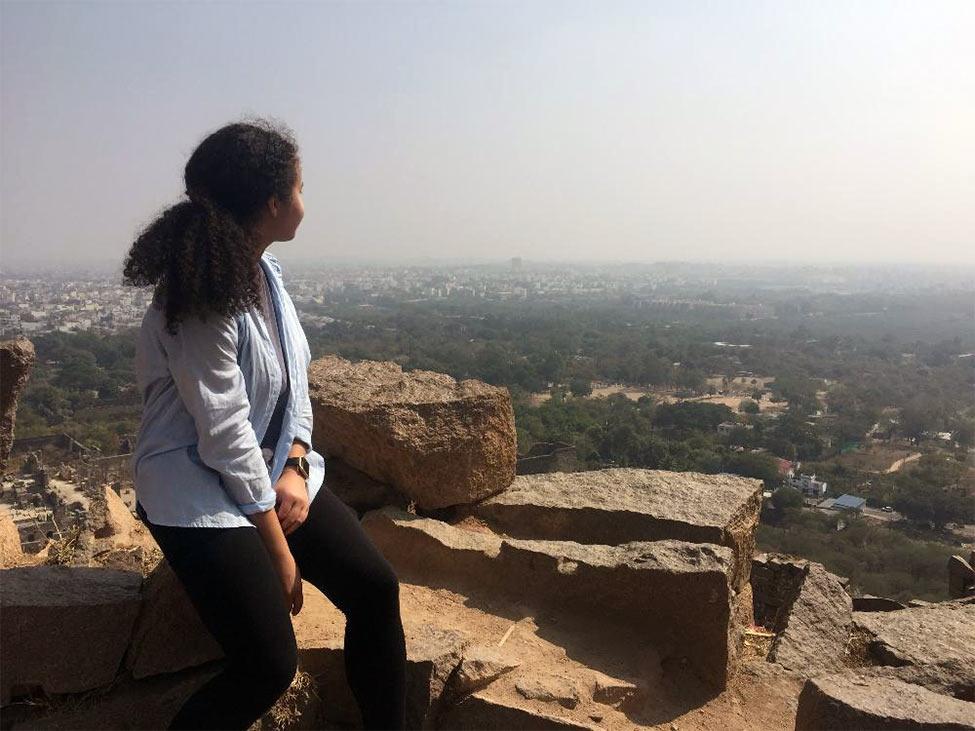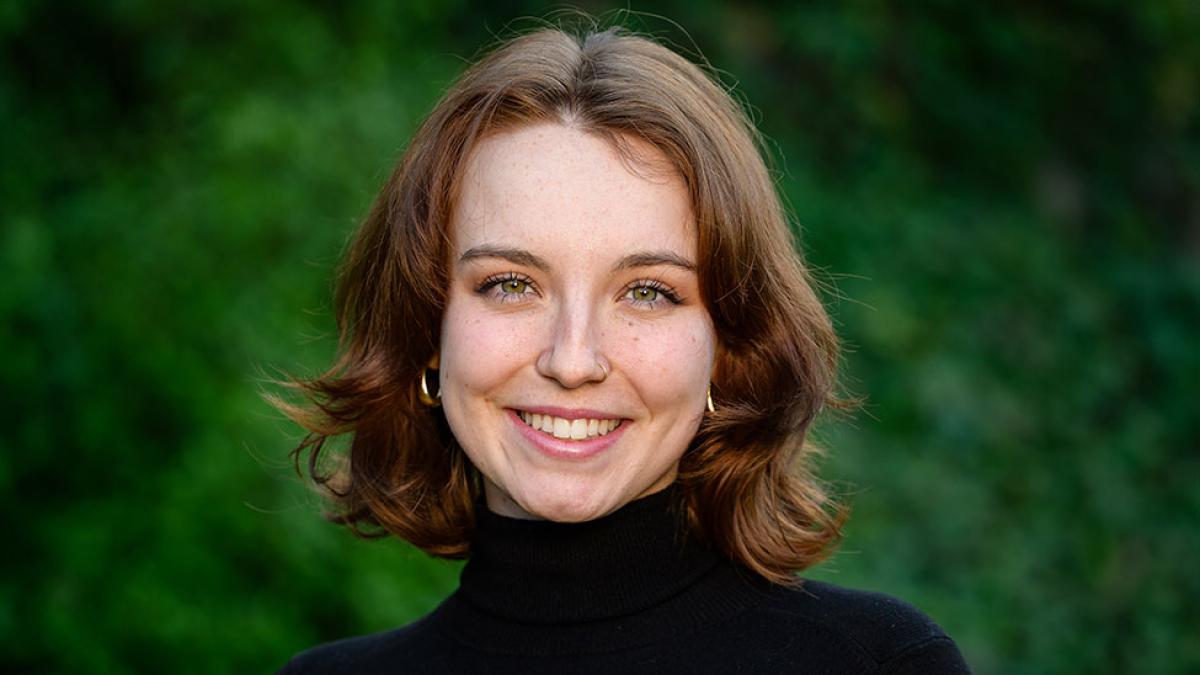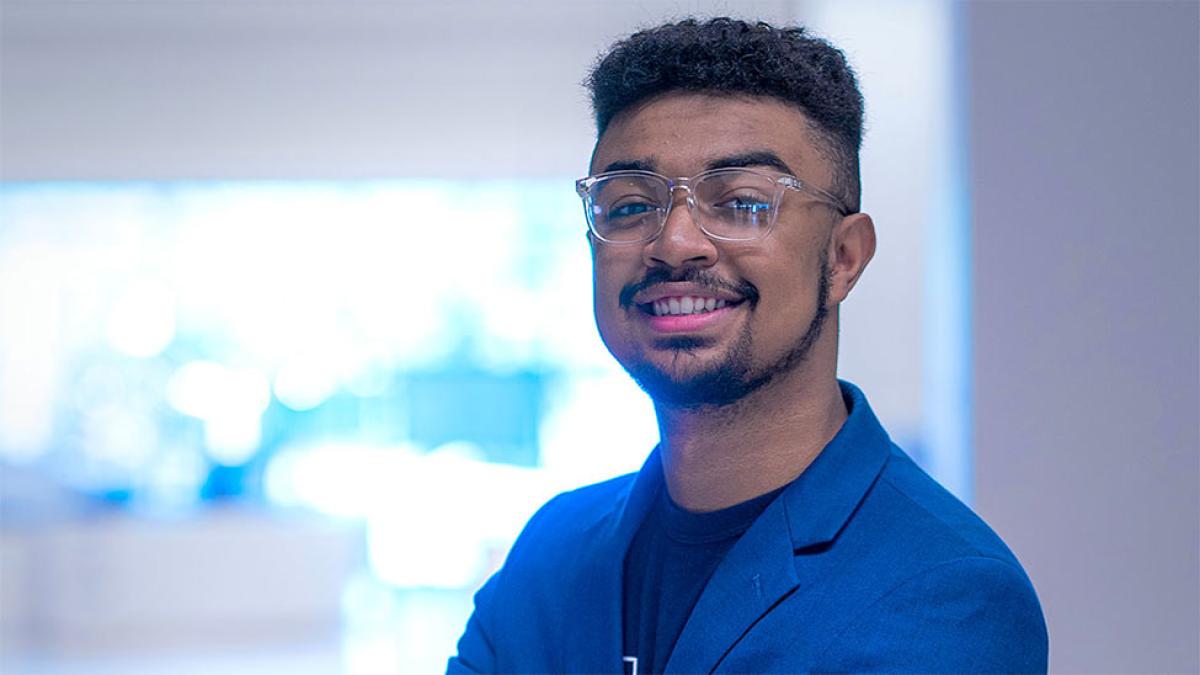
Psychology Through a Global Lens

In today’s interconnected world, understanding the complexities of mental health and wellness requires a global perspective. At Pace University’s Dyson College of Arts and Sciences, students embarking on their educational journey in psychology find themselves uniquely positioned to explore the intricacies of the human mind across continents, with an unparalleled opportunity to delve into mental health research in the vibrant setting of Goa, India.

One standout course, "Understanding a Globalized World," hosted by The Birla Institute of Technology and Science (BITS) at their Goa Campus, serves as a beacon for Pace students seeking to understand the intersection of globalization and mental health. This immersive course doesn’t just scratch the surface; it delves deep into the challenges of conducting research on physical and mental health in a world that's constantly evolving. Through a meticulously crafted curriculum comprising didactic lectures, field experiences, and interdisciplinary projects, students gain invaluable insights into the biopsychosocial perspective on health promotion, disease prevention, ethics, and the cultural influences shaping health outcomes.
What sets Pace University apart is its commitment to providing students with not just a education, but an experience that transcends borders. Psychology programs at Pace are designed to offer applied learning experiences that extend beyond the classroom and into the global arena. Under the mentorship of experienced faculty, students engage in personalized research projects that not only cap their undergraduate experience but also serve as a launching pad for their future endeavors.
Central to Pace’s approach is the Experimental Psychology course, a year-long, sequential research and lab experience that immerses students in the rigors of scientific inquiry. Here, students work alongside expert faculty members and collaborate with graduate and doctoral students, presenting their findings at national conferences and gaining recognition from influential figures in the field.

Moreover, Pace’s commitment to a global perspective in psychology is evident in its faculty members’ close ties to international resources such as the Psychological Coalition of the United Nations. Through these connections, students gain access to unique internships and networking opportunities that broaden their horizons and deepen their understanding of psychology's global impact.
But it's not just about the coursework; it's about the entire experience. Pace University boasts state-of-the-art campus labs and fosters connections to premier training facilities, providing students with unparalleled opportunities for growth and discovery.
In essence, for students at Pace University, psychology isn’t just a subject—it's a journey that spans continents, cultures, and perspectives. By embracing the global mind, students gain not only an international advantage but also a profound understanding of the complexities of mental health and wellness in our interconnected world.
More from Pace
When his wife Kimmi Stephens suddenly had a seizure, Tim Myers, a scientist studying epilepsy, felt his field of study abruptly collide with reality. This shocking moment sent the pair of Pace professors on a winding journey of recovery, resilience, and research, and ultimately to the creation of a new lab on the Pleasantville Campus.
Serving as a peer leader, resident assistant, and volunteer, Psychology major Charlotte MacNeal's diverse experiences and mentorship roles have shaped her journey. With internships in MedTech and impactful research on intergenerational trauma, she credits the supportive faculty and plans to pursue a career in consulting for MedTech companies upon graduation, offering insightful advice to current students.
Jeremiah Williams '23 found his place on campus within the political science department. He cites courses taught by President Krislov and Matthew Bolton as influential in his journey to understanding the political world.


